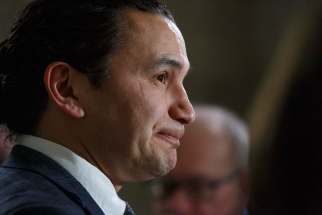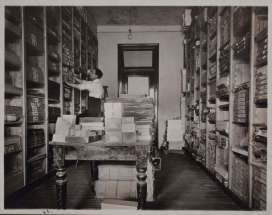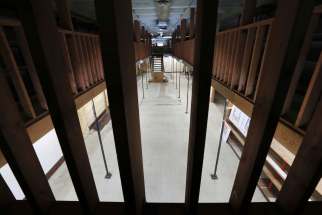Mining the truth The work of unearthing facts for the public has never been more important than today
Read this article for free:
or
Already have an account? Log in here »
To continue reading, please subscribe:
Monthly Digital Subscription
$0 for the first 4 weeks*
- Enjoy unlimited reading on winnipegfreepress.com
- Read the E-Edition, our digital replica newspaper
- Access News Break, our award-winning app
- Play interactive puzzles
*No charge for 4 weeks then price increases to the regular rate of $19.00 plus GST every four weeks. Offer available to new and qualified returning subscribers only. Cancel any time.
Monthly Digital Subscription
$4.75/week*
- Enjoy unlimited reading on winnipegfreepress.com
- Read the E-Edition, our digital replica newspaper
- Access News Break, our award-winning app
- Play interactive puzzles
*Billed as $19 plus GST every four weeks. Cancel any time.
To continue reading, please subscribe:
Add Free Press access to your Brandon Sun subscription for only an additional
$1 for the first 4 weeks*
*Your next subscription payment will increase by $1.00 and you will be charged $16.99 plus GST for four weeks. After four weeks, your payment will increase to $23.99 plus GST every four weeks.
Read unlimited articles for free today:
or
Already have an account? Log in here »
Hey there, time traveller!
This article was published 12/04/2019 (2435 days ago), so information in it may no longer be current.
Winnipeg Free Press publisher Bob Cox delivered the following speech on April 4 at the Manitoba Museum’s 2019 tribute dinner honouring the Free Press. The accompanying photos, from the Winnipeg Free Press archives, show the Manitoba Free Press offices just after the turn of the century.
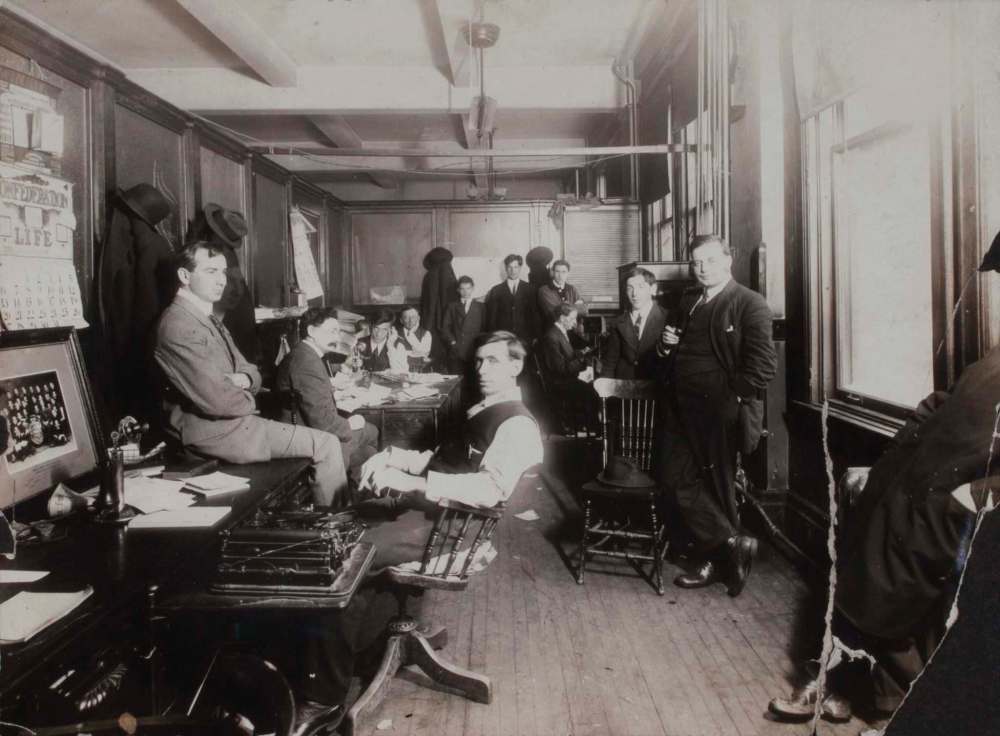
I will start with a warning for all of you. There are ghosts among us. And those ghosts smell of printer’s ink.
Imagine a cool day in Winnipeg on Nov. 9, 1872. You are watching on this spot, right where Main Street meets James Avenue, the comings and goings around a clapboard shack that a teacher and a farmer from Ontario rented for $25 a month in order to start a newspaper.
Outside is John Kenny, a brawny farmer from Ontario, who is splitting wood to feed the stove inside to keep the ink from freezing.
Inside, with a couple of helpers, is William Fisher Luxton, feeding a hand-cranked press.
Luxton was Winnipeg’s first schoolmaster. He came west after some failed journalistic ventures in Ontario, including one in my hometown of Goderich.
Kenny sold his land in Ontario for $4,000 and came west to seek his fortune in a settlement of 1,400 inhabitants.
It was a wild time. The Riel Rebellion was put down just two years earlier. In September, two of the town’s three newspapers were ransacked by a mob of rioters angered by vote rigging in the federal election.
Luxton and Kenny saw an opportunity.
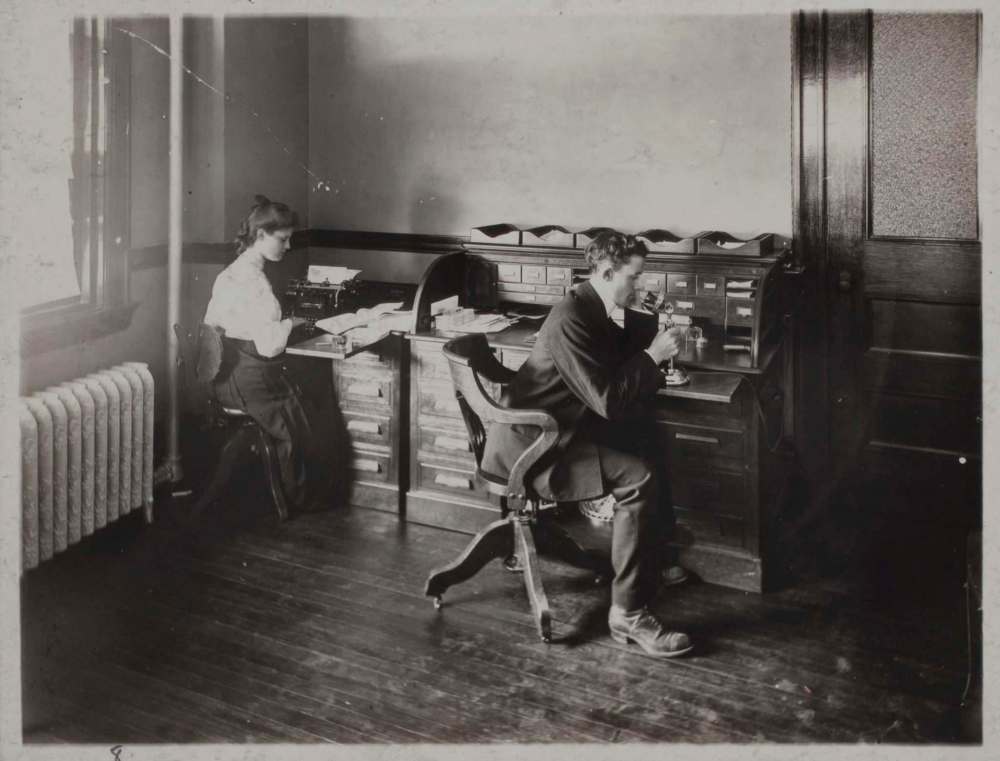
With Kenny’s money, Luxton went to New York City. He bought a press for $1,200. He paid another $900 to have it shipped to Winnipeg. It came by rail through the United States and then by steamboat up the Red River.
The press arrived on Oct. 25. On Nov. 9, they turned out 400 copies of a prospectus edition. The Manitoba Free Press was born.
The classic definition of a good newspaper is “a community in conversation with itself.” That was what Luxton and Kenny set out to do. Their mission was to help build this tiny, isolated community by telling it about itself and about the outside world. It has been our mission ever since.
When the newspaper celebrated its 100th anniversary, former prime minister Lester B. Pearson said: “The life of the Winnipeg Free Press has virtually encompassed the life of our country.”
He was right. The Free Press witnessed the birth of Winnipeg, lobbied for sidewalks on the town’s muddy streets and greeted the arrival of the first train. Luxton even ran for mayor. He lost, which was probably for the best.
A few years later, a young reporter named John Dafoe broke the news that the federal government had decided, after long deliberation, to carry out the execution of Louis Riel. The paper later reported on the hanging in Regina, recording in detail the last moments of Riel’s life.
Dafoe went on to become the newspaper’s editor for 43 years. He fought for issues important to the West, such as free trade. He warned of the dangers of Adolf Hitler, while others wanted to appease him or ignore the threat he posed.
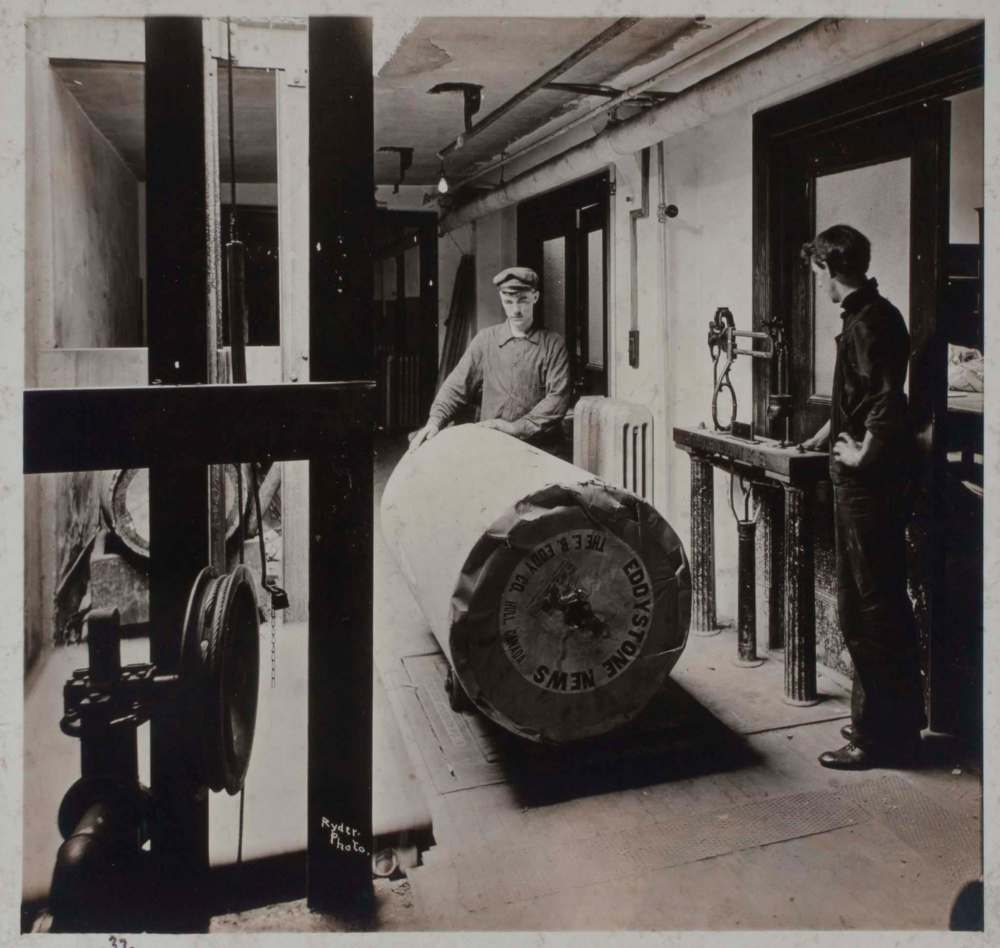
In 1904, Dafoe did the unthinkable and hired a woman as a reporter.
E. Cora Hind became the country’s pre-eminent agricultural editor. She could influence markets around the world with her crop predictions. Her method was simple — she visited farms and walked through the fields to see what the wheat looked like.
For decades, her crop predictions were consistently more accurate than the official federal government estimates.
Cora Hind understood the value of accurate information to her community.
For 147 years, the pages of the Free Press have been filled with the information that helps Winnipeg grow and prosper.
On my office desk, I have a copy of the newspaper announcing the death of Franklin D. Roosevelt in April 1945. The same edition has an ad for bologna at 21 cents a pound. I often wonder which information readers found more useful.
The classified advertising pages of the Free Press were the central nervous system of commerce in our city.

Through the classifieds, you could rent an apartment; buy a house; get a job or find an employee; learn who died, who was born and who was getting married; find a public tender to bid on or someone to paint your house — and buy and sell just about anything.
The owners of the Winnipeg Free Press have included leading figures in Winnipeg and Canada. The names remain familiar — Sifton, Bell, Thomson — and more lately Stern and Silver.
These owners have provided sound stewardship of a precious community resource. The Free Press became the leading newspaper of Western Canada, a national and even world leader in journalistic innovation.
The Free Press was the first newspaper in the world to publish a full-colour photograph of a news event. The paper carried the picture on its front page in 1939 to mark the visit of King George VI and Queen Elizabeth to Winnipeg.
We continue innovating today. But we have never faced more challenging times. The threat posed by an angry mob of rioters pales in comparison to the disruption taking place in the world of media.
I want to talk about these challenges, because we are here tonight not just to pay tribute to what the Winnipeg Free Press has done, but to recognize the ongoing role it plays in the vitality of this community.
At no time in our history have we faced a more uncertain future — yet at no time has there been a greater need for the journalism that we do, for a reliable set of facts that enables this community to be in conversation with itself.
The business troubles of local news outlets are real. We have seen revenues drop as digital technology has changed the way advertisers reach consumers and changed the way people get information.
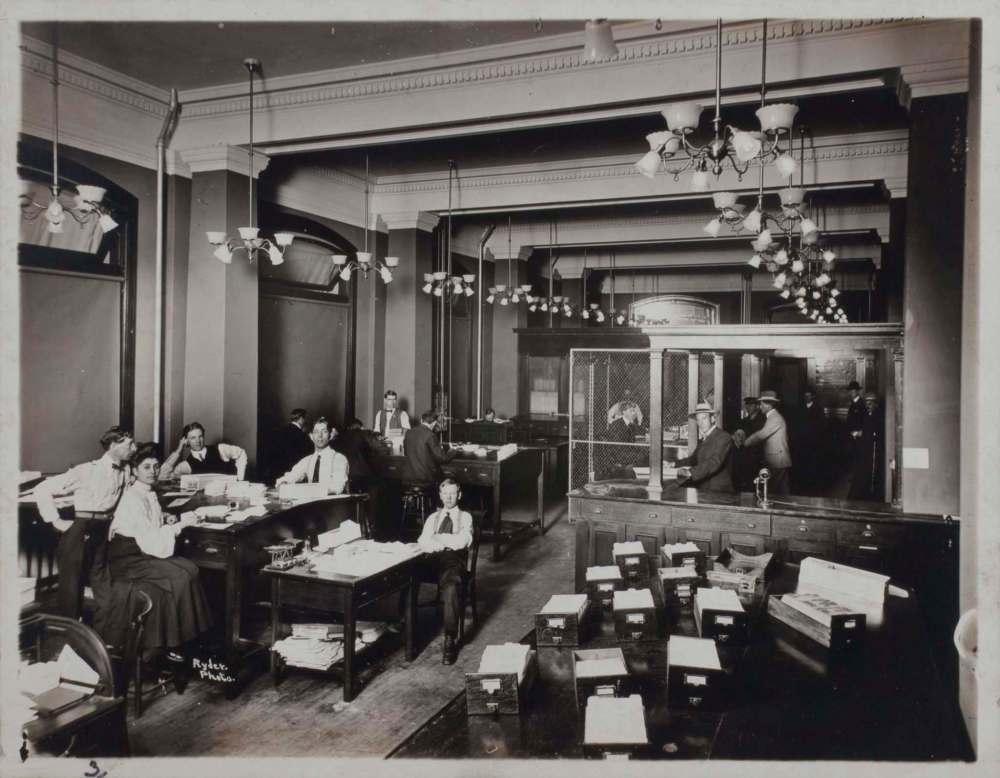
Local money that used to be spent on local ads to reach Winnipeggers is now being spent with Google and Facebook and other firms located elsewhere.
They do not support newsrooms in Manitoba.
The general public is only vaguely aware of this. A recent American study found that 71 per cent of people believe their local news outlets are doing well financially, which is totally at odds with reality. The study concluded that there is a disconnect between the public’s knowledge and understanding of the news industry and what is really happening.
So what is really happening?
Well, habits are changing. Fewer people are buying copies of the printed paper. The days of news hawkers selling the latest edition like you saw tonight are gone.
But we are not losing readers. About two-thirds of Winnipeggers say they regularly read the Free Press in either print or digital format. That is the same proportion as read it when Ron Stern and Bob Silver purchased it 18 years ago.
So we don’t have a reader problem. We have a revenue problem.
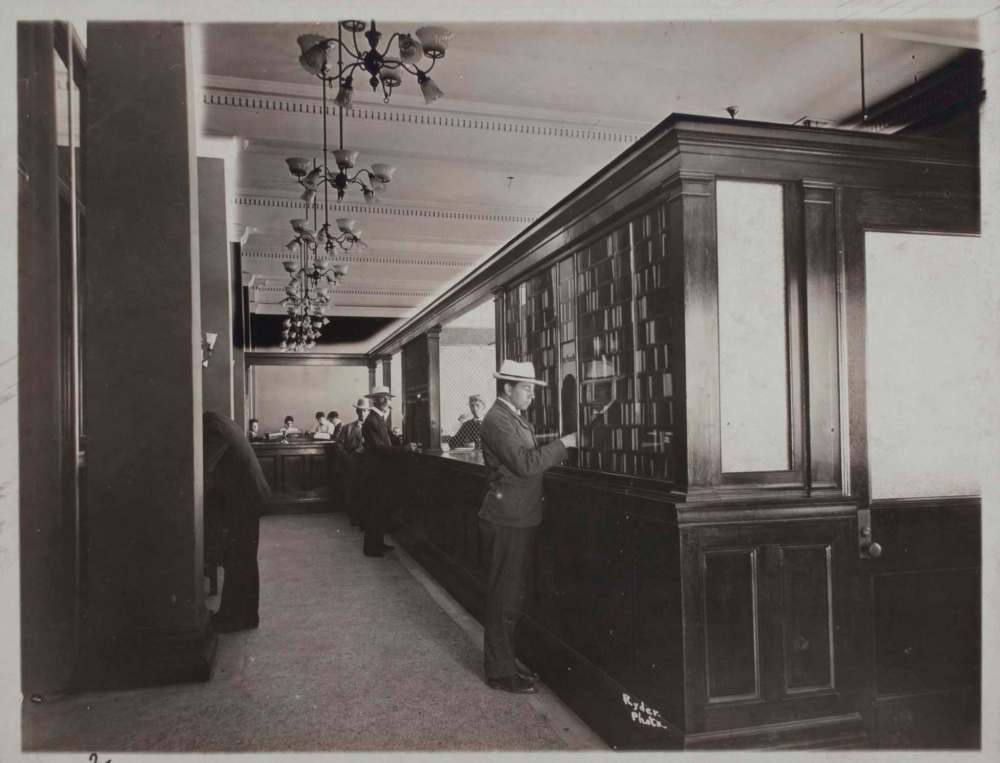
There are those who would say the business model is broken. You can’t fix it. It’s time to move on.
Imagine what Winnipeg would be like without the Free Press. What if the paper itself were a ghost, with a glorious past but no future?
Some might welcome this. We live in a world where politicians call journalists liars and spreaders of fake news — and become all the more popular for their attacks.
Donald Trump repeatedly calls journalists enemies of the people. But he is hardly the first politician to vilify journalists who try to hold him to account.
In 1933, Conservative prime minister R.B. Bennett was in Washington about to do a press briefing when he spotted Winnipeg Free Press reporter Grant Dexter. “There will be no press conference,” Bennett thundered. “I refuse to say anything in the presence of Mr. Dexter, the emissary of John W. Dafoe of the Winnipeg Free Press, whose only purpose here is to distort and misrepresent Canada’s position.” Bennett then sat silently, staring at a wall, until the journalists left.
Today, journalists get subjected to this kind of treatment, or worse, every day.
For those non-journalists in the crowd, imagine if this was how you were treated.
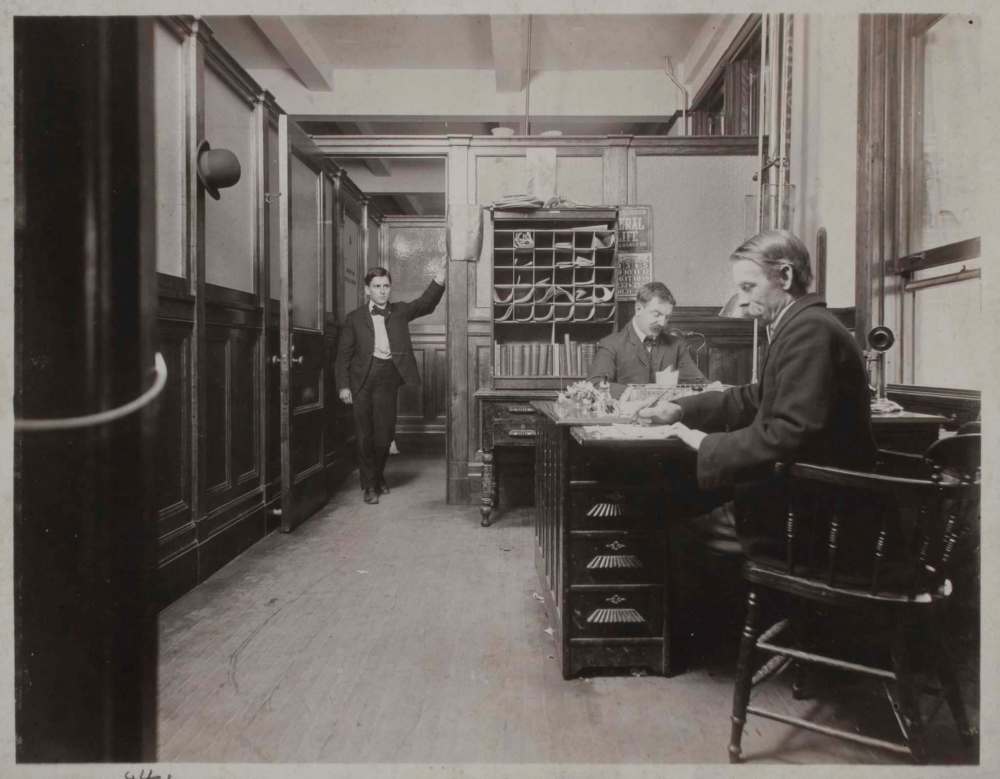
How long would you remain a teacher if you were regularly told that you were the enemy of your students? How well would you practise medicine if you were regularly accused of lying to your patients? How well could you do any job if people constantly questioned your motives?
These attitudes undermine journalism. Ultimately, they will undermine the fabric of our communities more than any change in technology or shift in media business models.
To keep Winnipeg strong and growing, we must keep local journalism healthy.
All local news media face challenges. There is a general public belief that news is free, that it somehow magically appears, falling from the sky like rain.
That American study I mentioned earlier found half of people believe there is plenty of free local news so they don’t have to pay for it. A quarter of people said they are not interested enough in local news to pay for it. Both those findings are disturbing.
True, there is an ocean of information available today as near as our mobile phones. However, it is harder and harder to find your way, to determine what is true and what matters.
It used to be said that a lie gets halfway around the world before the truth gets its boots on. These days, lies go round and round the world every second and often make it impossible for the truth to get out of bed, let alone get dressed.
Yet there are fewer independent journalists working to unearth facts, to find out what is really going on and to hold the powers that be to account.
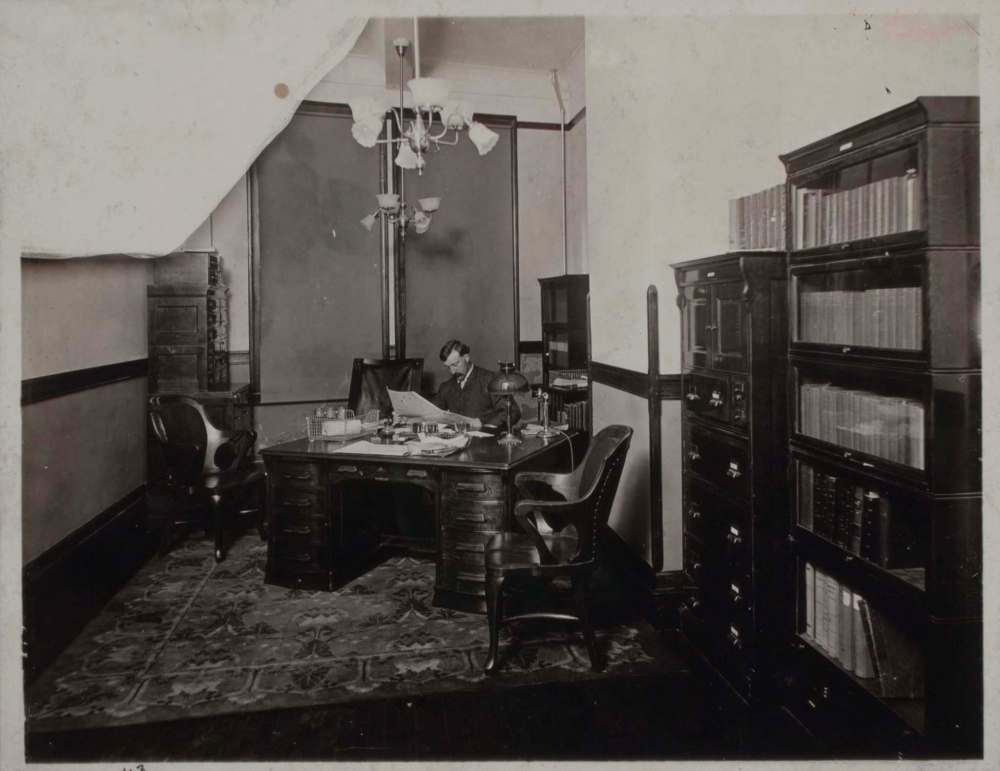
This does not make for a healthy, accountable democracy.
It was Aldous Huxley who famously said: “Facts do not cease to exist because they are ignored.” And so we know the work of unearthing those facts and presenting them to the public must continue.
This work, done by trained and experienced journalists, makes for a healthy, accountable democracy, and provides the set of facts that enables a community to be in conversation with itself.
Yet increasingly, Winnipeg Free Press reporters find themselves alone when covering events, be they court cases, local high school sports or even committees at the provincial legislature.
Canada already has places where no one reports on what town councillors decide, how judges preside over courts and/or what happens in local schools.
The resident of one community that lost its newspaper last year put it like this: “Losing a newspaper is like losing the heartbeat of a town.”
So what can we do? Well, it is quite simple. Support local news media. Support the advertisers who support local media.

Don’t assume that you can get all the news you need for free. You can’t. Buy a newspaper subscription, be it digital or in print.
I’d recommend the Winnipeg Free Press. It is the most comprehensive source of what is going on in the city and in the province.
There is a term used for newspapers that still exist but provide little local content to their communities. They are called ghost newspapers. There are somewhere around 1,500 of them already in Canada and the United States.
We do not want the Winnipeg Free Press to be a ghost newspaper. There may be ghosts in this room. But their mission is very much alive. With your help, we will keep it breathing for a long time.
wfpvideonoads:Zb6I0ikX:wfpvideonoadswfpvideonoads:QFrNX6gW:wfpvideonoads

Bob Cox was named publisher of the Winnipeg Free Press in November 2007. He joined the newspaper as editor in May 2005.
Our newsroom depends on a growing audience of readers to power our journalism. If you are not a paid reader, please consider becoming a subscriber.
Our newsroom depends on its audience of readers to power our journalism. Thank you for your support.


